Maslenitsa: Glasgow celebrates an ancient Slavic holiday
Maslenitsa: Glasgow celebrates an ancient Slavic holiday
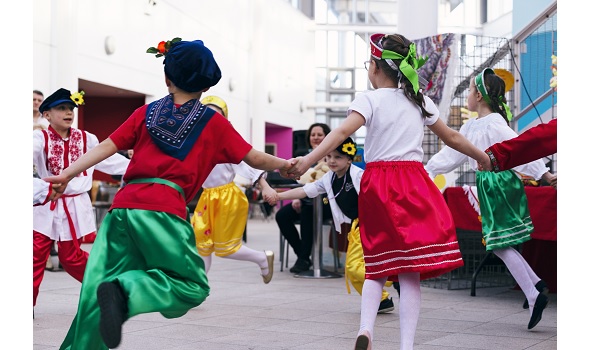
Maslenitsa is an ancient Slavic holiday marking the end of winter and the start of spring. Although originally a pagan holiday, it was appropriated by the Orthodox Church and still remains a popular and widely celebrated holiday in Russia, Belarus and Ukraine. Maslenitsa is the eighth week before Orthodox Easter.
Many members of the Russian community in Glasgow celebrate the festival every year. On 9 March this year, they gathered as always to sing, dance, eat pancakes and pay homage to their heritage.

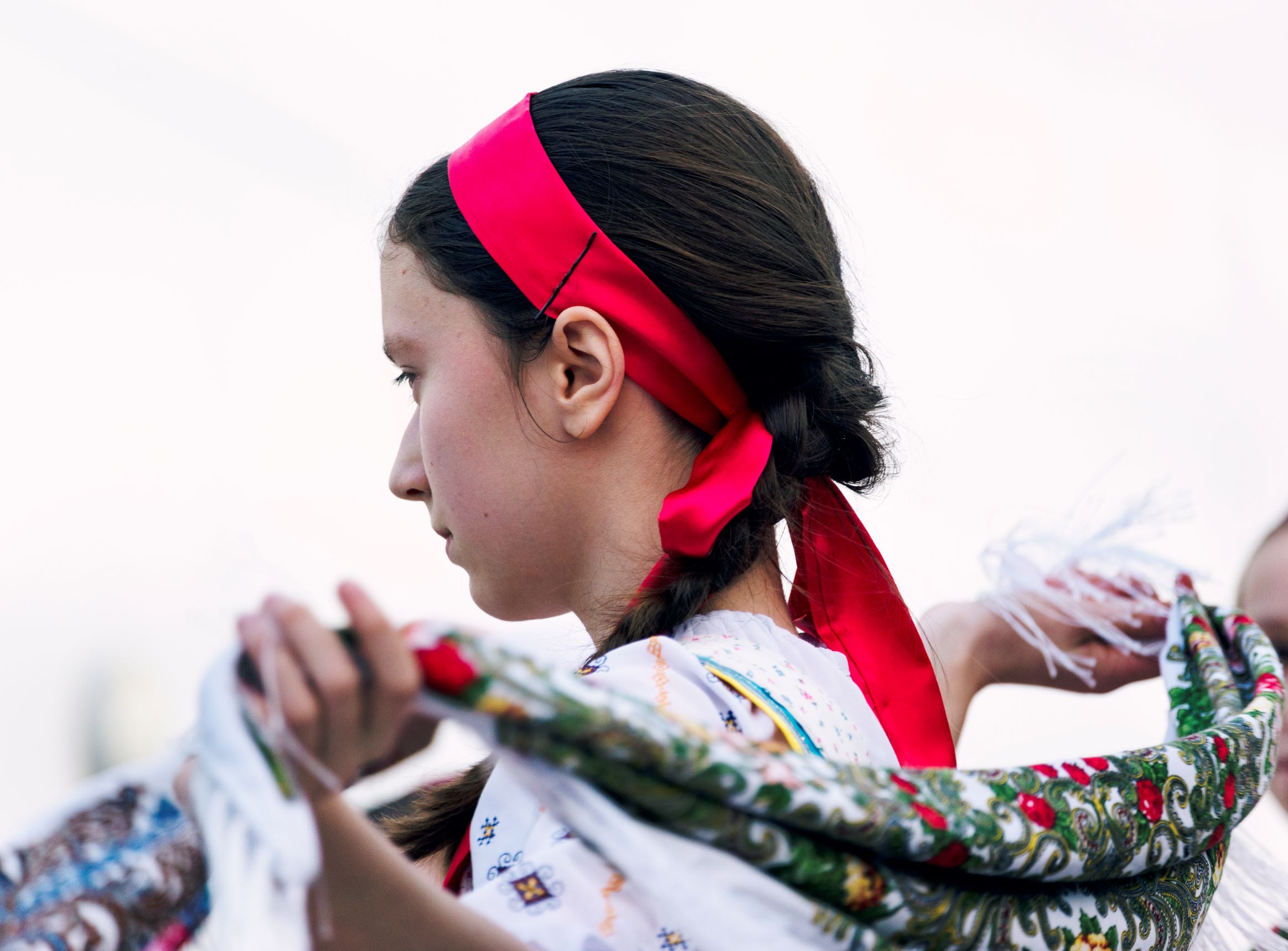
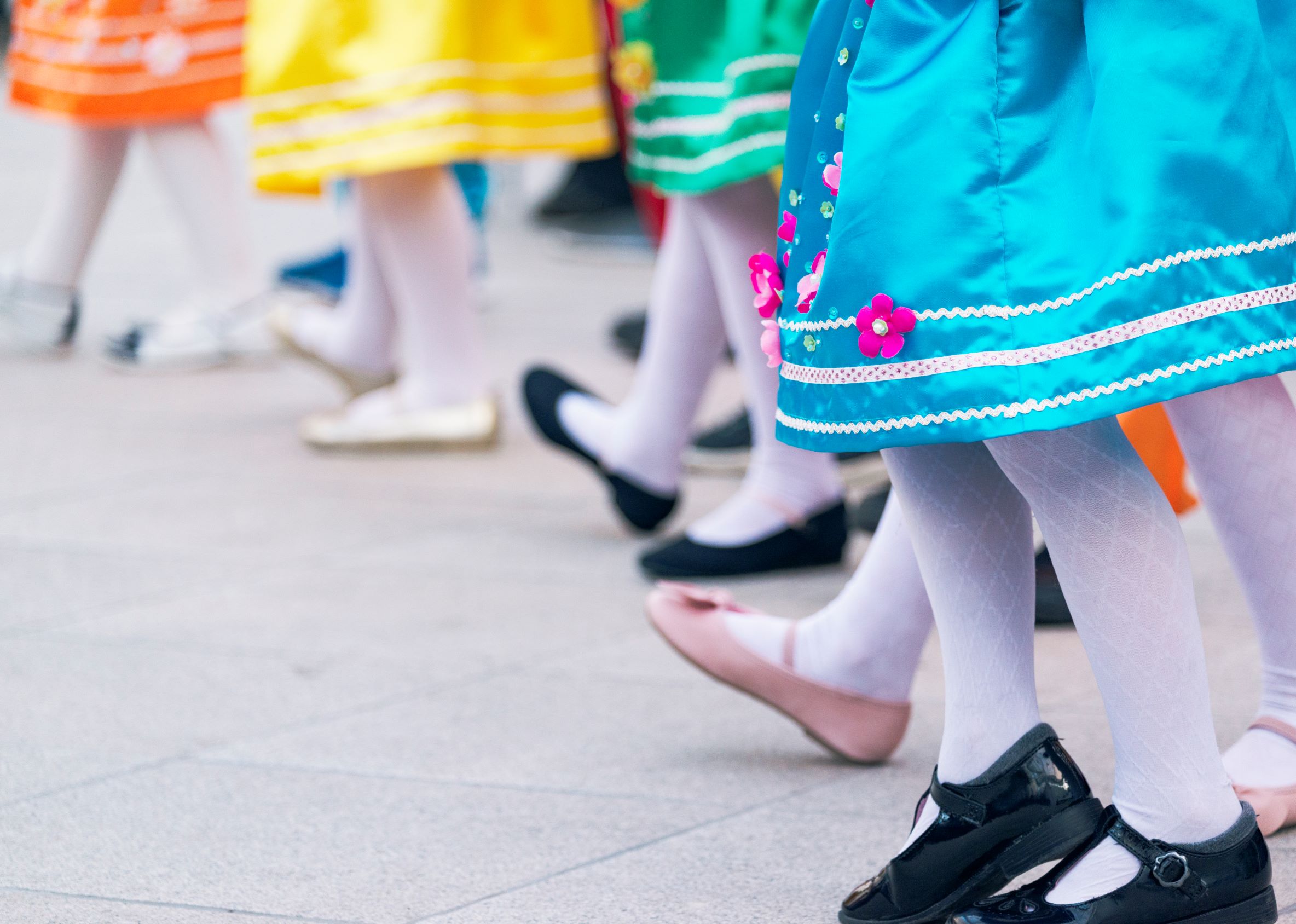
The event was organised by Russkaya Capella, a Russian choir group specialising in Russian choral music. Children from the Russian Orthodox School in Glasgow sang and performed traditional dances.
Crepes, or bliny, are traditional food for the festival. Although Orthodox Christians are forbidden to eat meat during this week, they are allowed butter, milk and flour, the ingredients that crepes are made from.
During the festival people traditionally enjoy winter activities such as skating, skiing and sleigh rides.
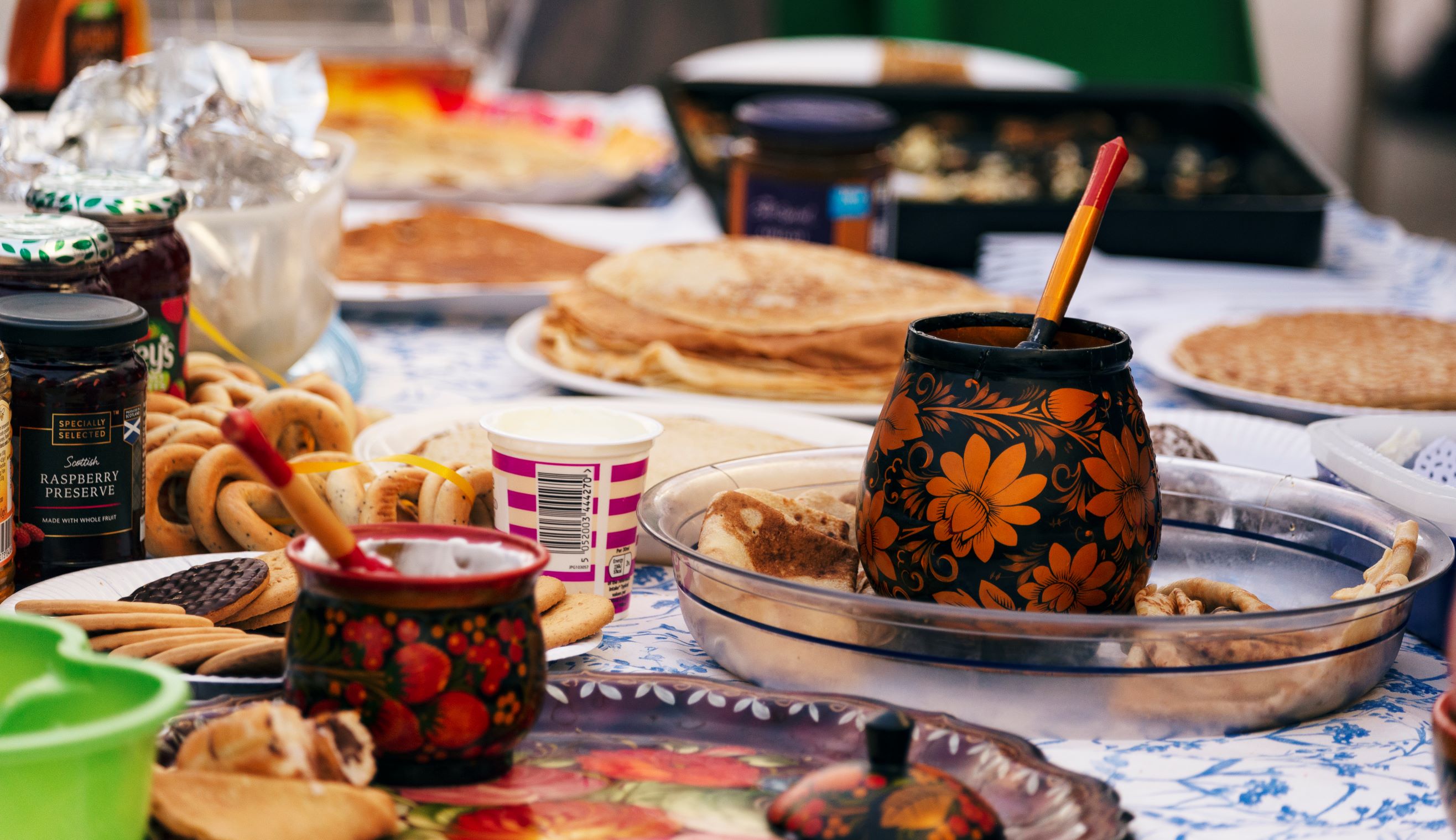
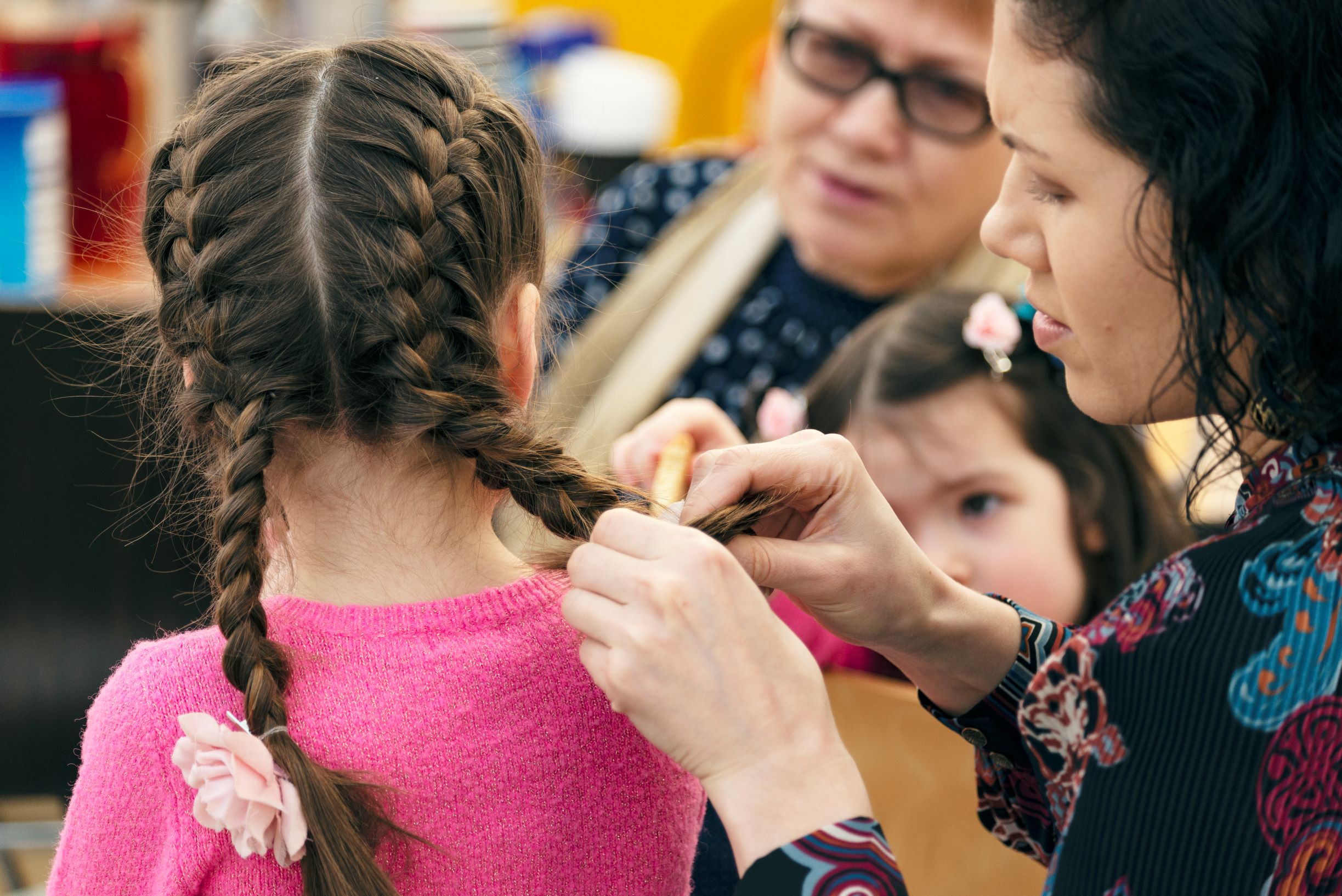
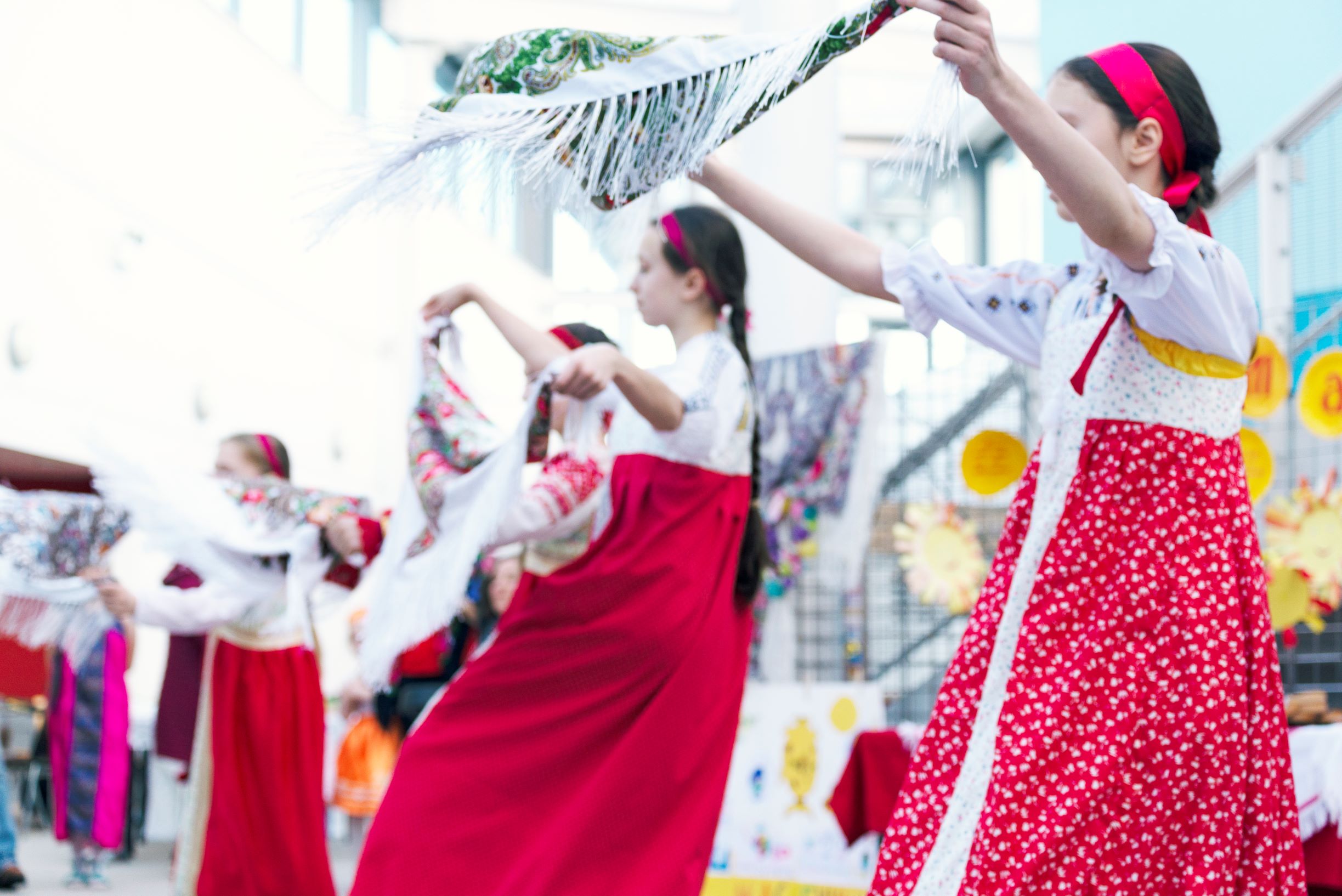
At the end of the week, on Forgiveness Sunday, people make up for any old quarrels and misunderstandings. They burn Lady Malenitsa on a bonfire together with leftover pancakes and put the ashes in the ground.In Russia, Belarus and Ukraine, rural communities often make the figure of Lady Maslenitsa – a straw figure dressed in rags – as part of the celebrations. It is carried around as people offer pancakes to the poor and visit their family and friends.
Although many communities still celebrate Maslenitsa, secular Russians, Belarusians and Ukranians do not give up meat and other otherwise forbidden foods. For them this festival is just another opportunity to celebrate their culture and heritage.
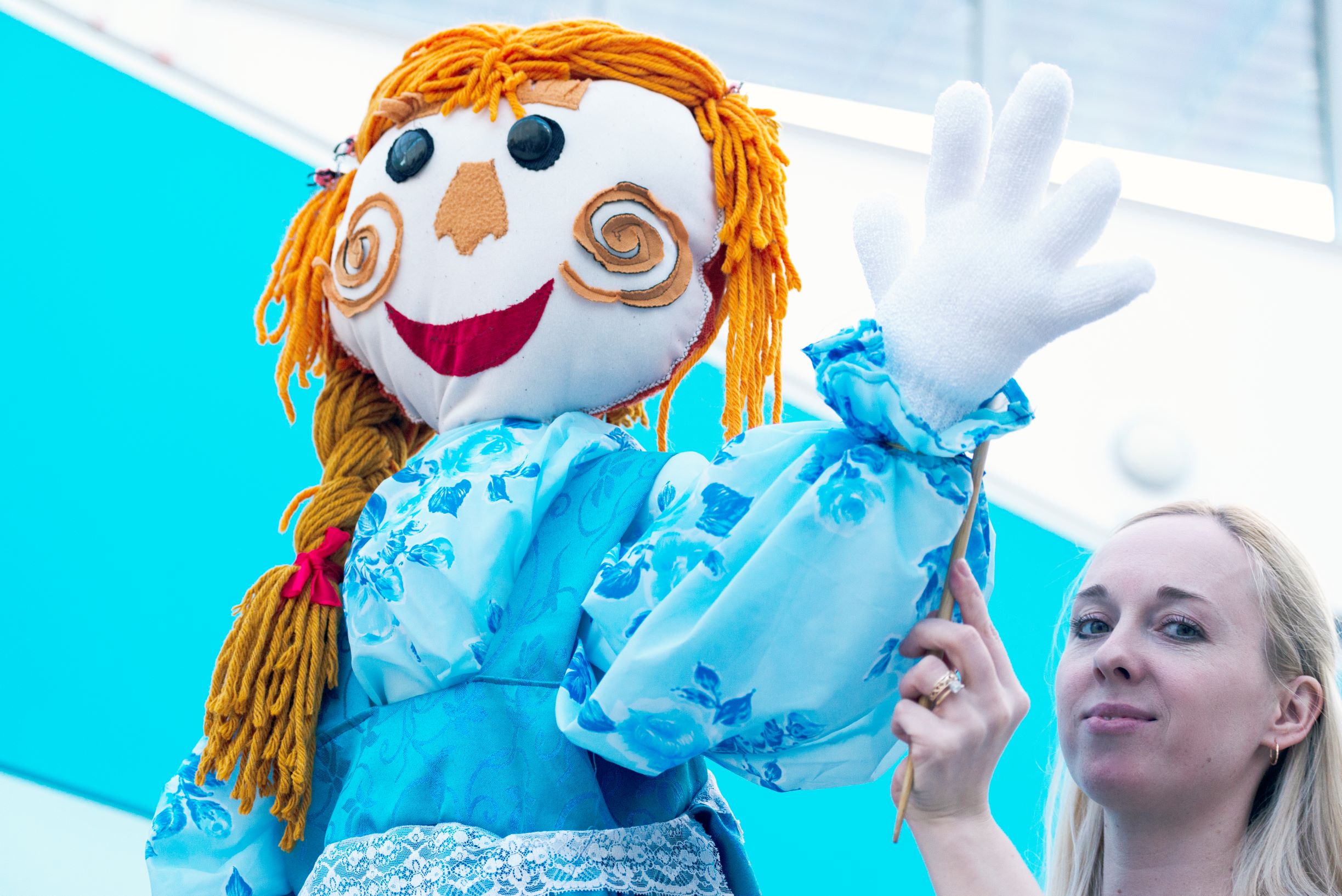
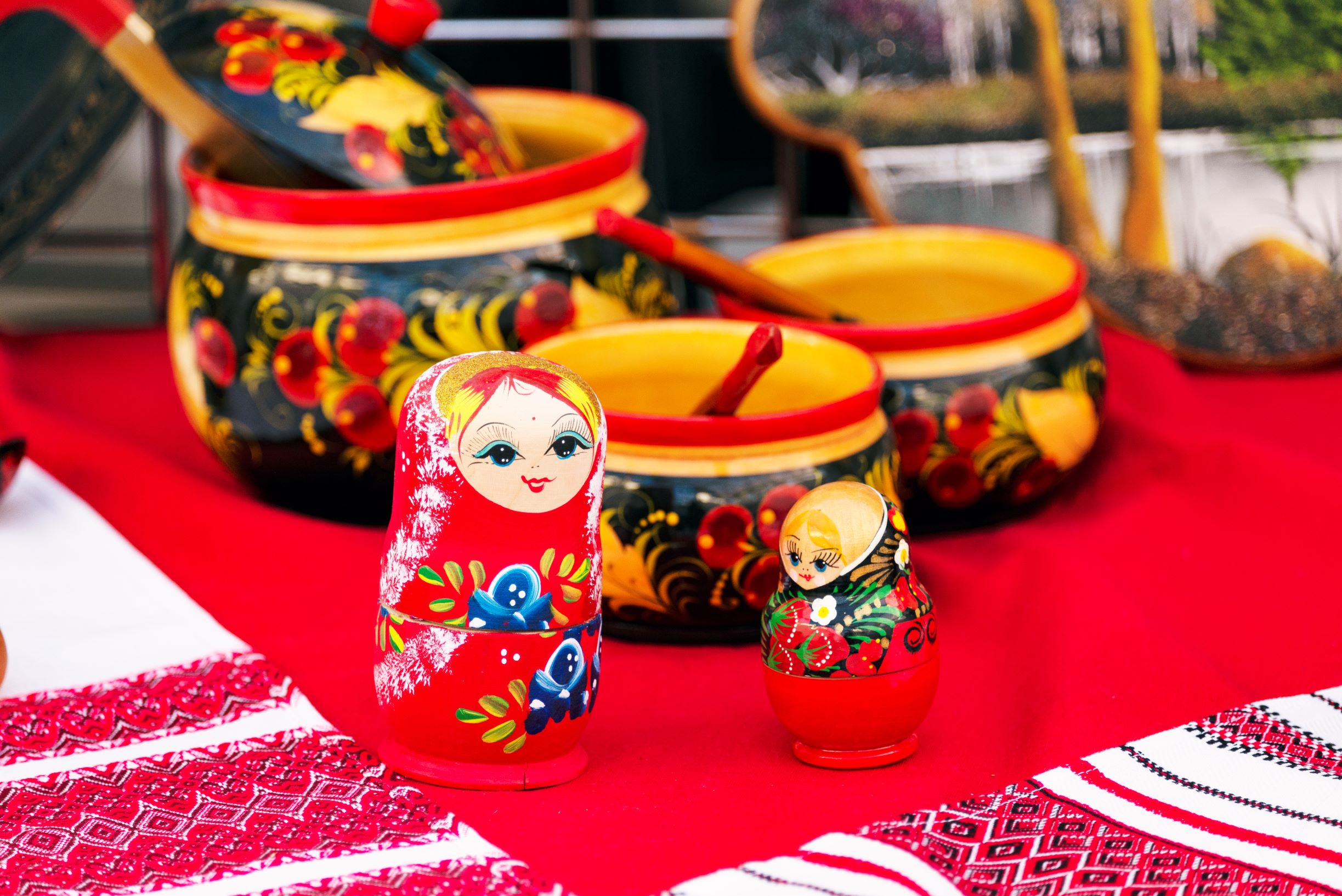
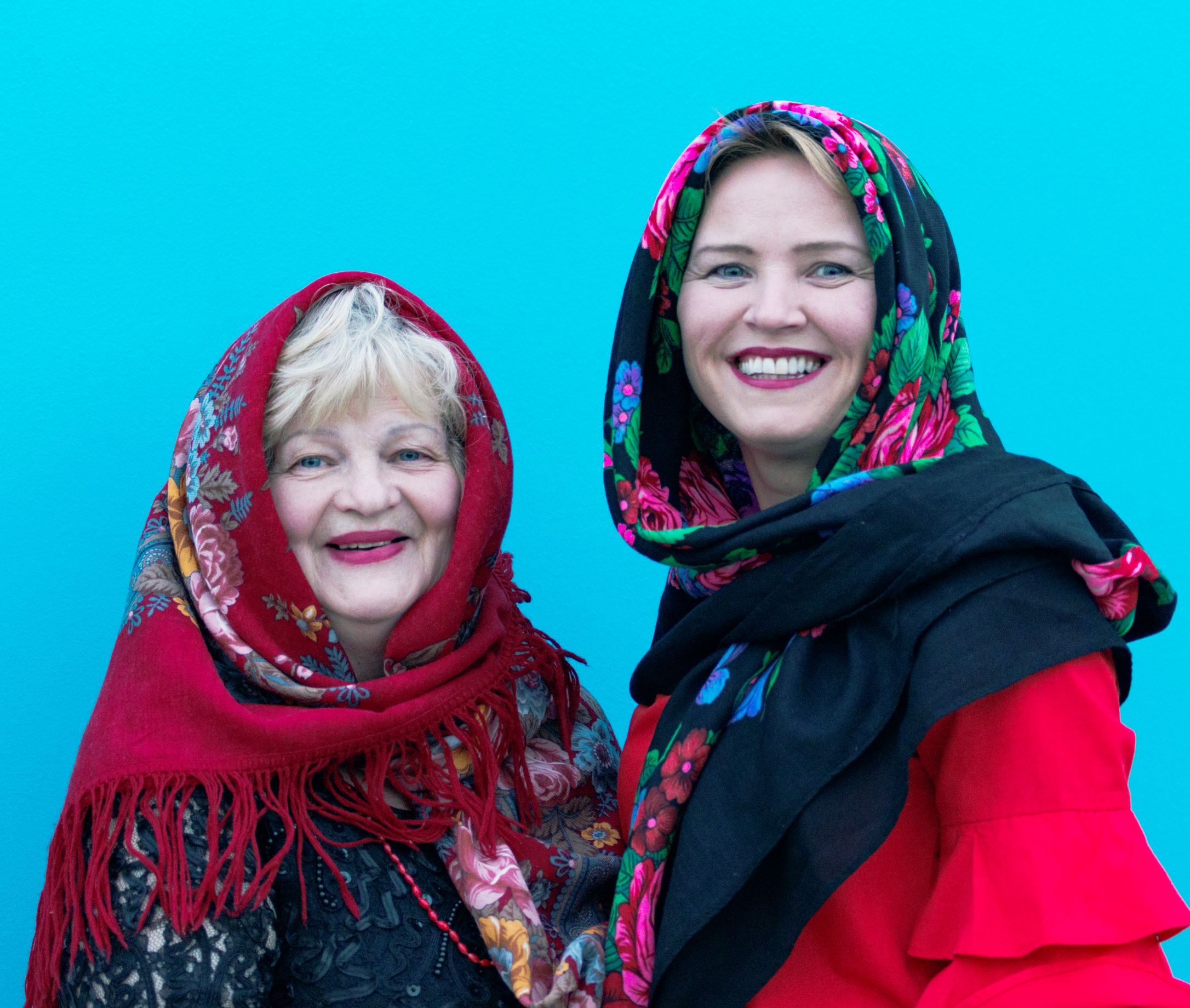
Copyright for all photos: Yuliya Chystaya


